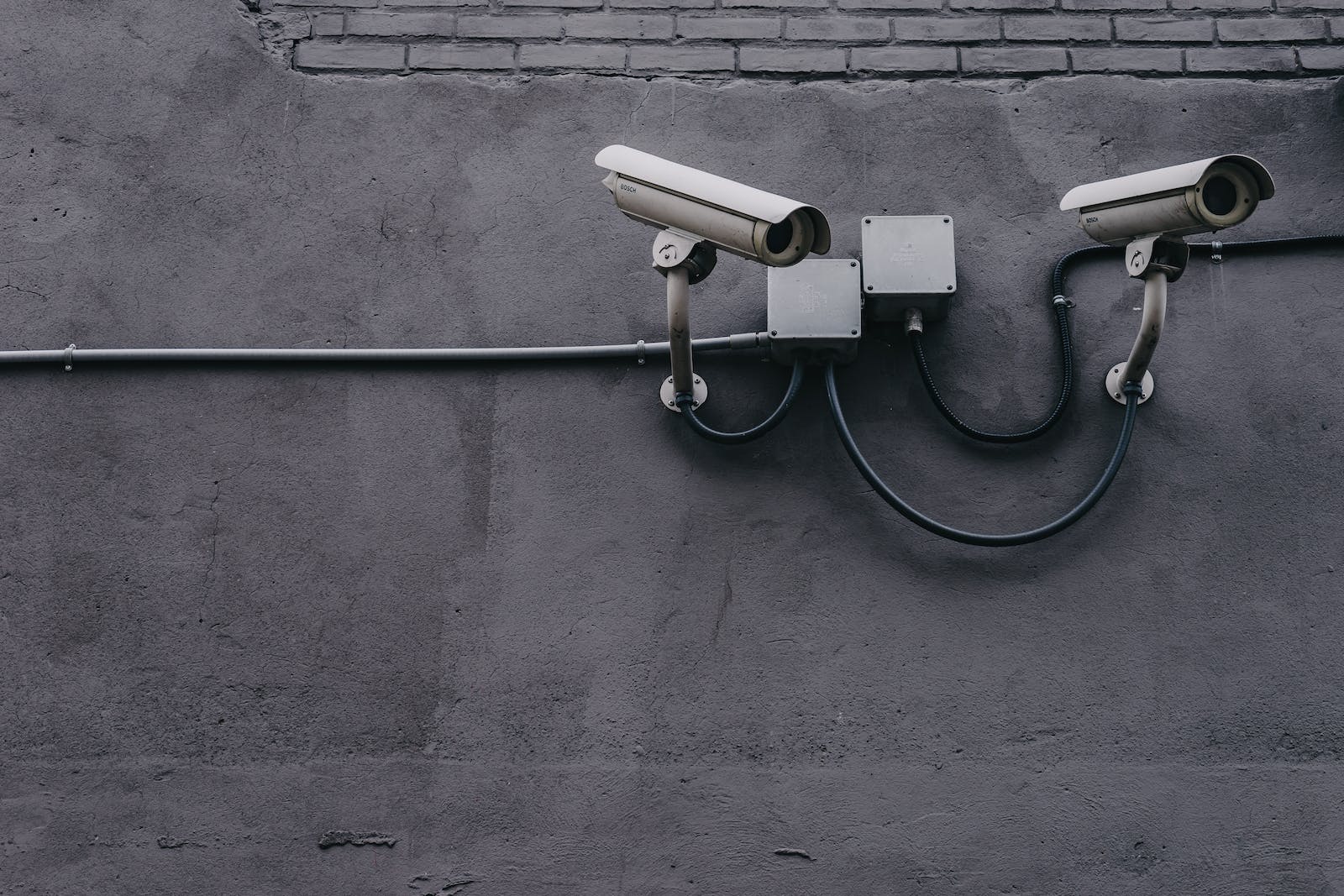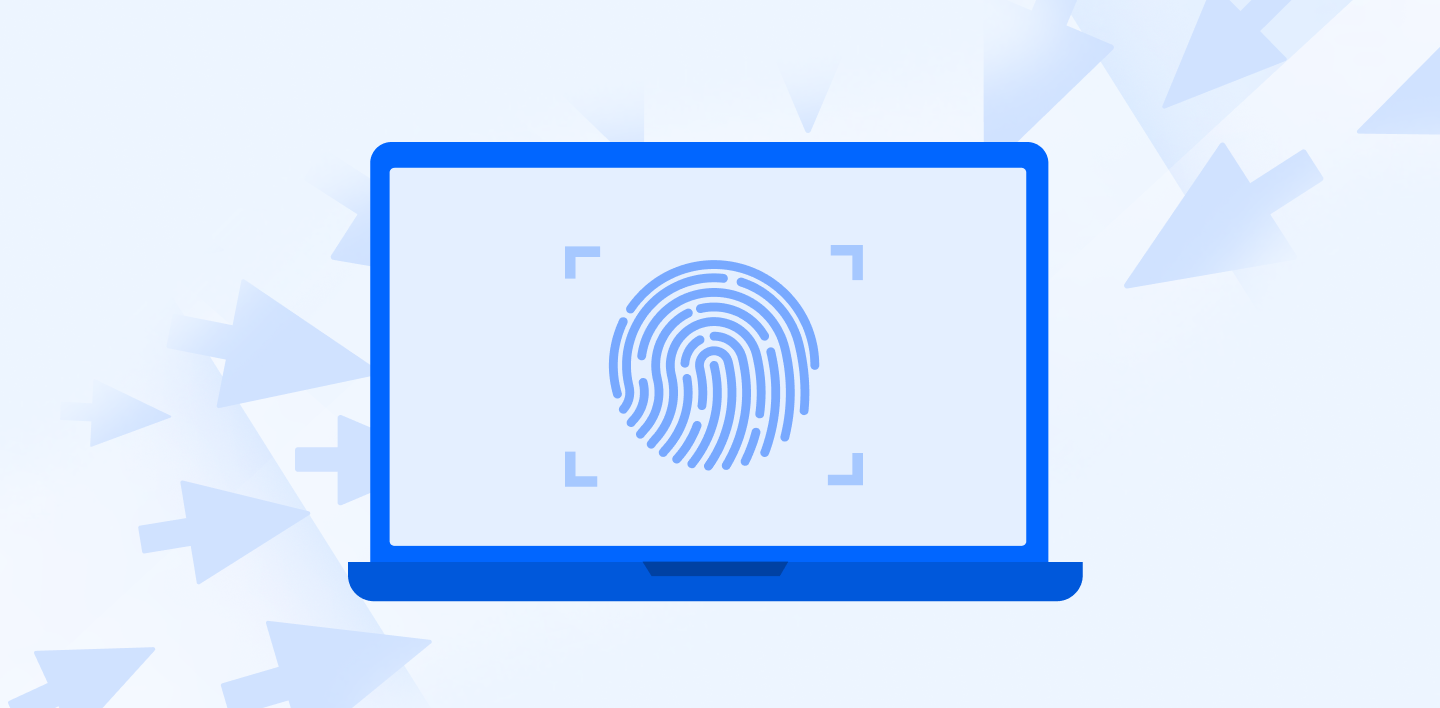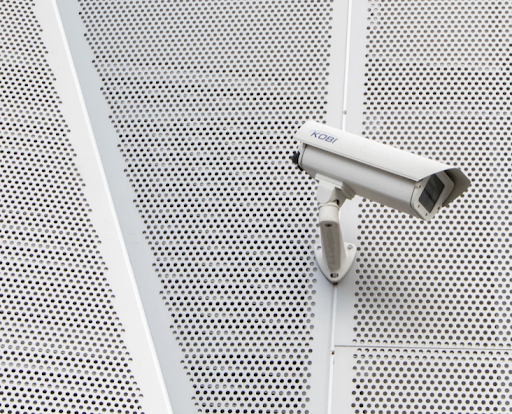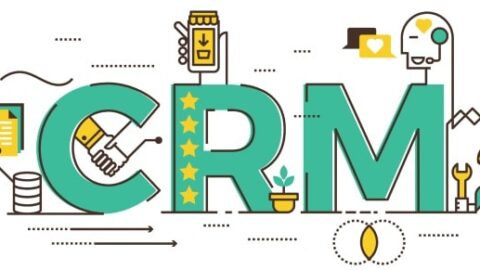Business Security Options for Your Business: A Comprehensive Guide
Security is a crucial aspect of any business, regardless of its size or industry. With the increasing number of cyber threats, it is essential for businesses to have a solid security plan in place to protect their data and assets. There are various security options available that businesses can choose from, depending on their specific needs and budget.
Table of Contents
One of the most basic security options is to have strong passwords and two-factor authentication in place. This can prevent unauthorized access to sensitive data and accounts. Another option is to use firewalls and antivirus software to protect against malware and other cyber threats. Businesses can also consider using virtual private networks (VPNs) to secure their online communications and transactions.
Overall, it is important for businesses to understand the security options available to them and choose the ones that best fit their needs. By taking proactive measures to secure their data and assets, businesses can minimize the risk of cyber attacks and protect their reputation and financial stability.
- Understanding Business Security
- Physical Security Options
- Digital Security Options
- Conclusion
Understanding Security
When it comes to business security options, there are a few things that every business owner should understand. In today’s world, security is not just about locking doors and windows, it’s about protecting your business from cyber attacks, theft, and other threats. Here are some key points to keep in mind:
- Physical security: This includes things like locks, alarms, and security cameras as of business security options. It’s important to have a physical security plan in place to protect your business from theft and other physical threats.
- Cybersecurity: With more and more business conducted online, cybersecurity is more important than ever as business security options. This includes things like firewalls, antivirus software, and strong passwords. It’s also important to train employees on how to recognize and avoid phishing scams and other online threats.
- Access control: Controlling who has access to your business is an important part of security. This includes things like key cards, biometric scanners, and password-protected systems. It’s important to have a clear access control policy in place to ensure that only authorized personnel have access to sensitive areas and information.
- Emergency preparedness. No matter how secure your business is, emergencies can still happen. It’s important to have an emergency preparedness plan in place that includes things like evacuation procedures, emergency contact information, and backup systems in case of power outages or other disruptions.
By understanding these key points and taking steps to implement them, business owners can help protect their businesses from a wide range of threats.
Physical Security Options
Physical security measures are an essential aspect of protecting a business. These physical security options include a range of techniques and technologies designed to safeguard facilities, equipment, and personnel from unauthorized access, theft, and damage.
One of the most common physical security measures is the installation of closed-circuit television (CCTV) cameras. CCTV cameras are an effective way to monitor a business’s premises, deter theft and vandalism, and provide evidence in the event of a crime. CCTV cameras can work both indoors and outdoors. And can be monitored remotely. It is important to note that the lifespan of a CCTV recording is typically 30 days.
Another physical security option is access control systems among business security options. Access control systems can include key cards, biometric scanners, and other technologies that restrict access to certain areas of a business. Access control systems can be used to limit access to sensitive areas, such as server rooms or storage areas, and to track employee movements throughout a facility.
Physical barriers, such as gates, fences, and bollards, can also be effective physical security measures. These barriers can be used to prevent unauthorized access to a business’s property, restrict vehicle access, and protect against vehicular attacks.
Finally, security personnel can be an effective physical security measure. Security personnel can be used to monitor a business’s premises, patrol the grounds, and respond to any security incidents that may occur. It is important to note that security personnel should be properly trained and equipped to handle any security situation that may arise.
Overall, implementing physical security measures is an important aspect of protecting a business. By combining multiple physical security options, businesses can create a comprehensive security plan that addresses their unique security needs.

Digital Security Options

Digital security is crucial for any business that uses technology to store or transmit sensitive information. There are several digital security options available to businesses today, each with its own benefits and drawbacks.
One common digital security option is the use of firewalls. Firewalls act as a barrier between a company’s internal network and the internet, blocking unauthorized access and preventing malicious software from entering the network. Firewalls can be hardware-based or software-based and can be configured to allow or block specific types of traffic.
Another option is the use of antivirus software. Antivirus software detects and removes malicious software, such as viruses, worms, and Trojan horses, from a company’s computers and network. Antivirus software can work on individual computers or on a company’s network server.
Encryption is another important digital security option. Encryption involves converting sensitive information into a code. So that it can only be deciphered with a key or password. This makes it difficult for unauthorized users to access sensitive information, even if they are able to intercept it.
Two-factor authentication is another digital security option that can help protect a company’s sensitive information. Two-factor authentication requires users to provide two forms of identification. Such as a password and a fingerprint before they are granted access to a system or application.
Overall, there are many digital security options available to businesses today. Each with its own benefits and drawbacks. It is important for businesses to carefully consider their digital security needs and choose the options that best meet those needs.
Conclusion
To keep a business secure, it is important to consider all available security options. From physical security measures to cybersecurity protocols, every aspect of the business should ensure that it is away from potential threats.
One of the most effective ways to ensure security is to implement a comprehensive security plan. This plan should include policies and procedures for all aspects of security, as well as training for employees to ensure that they are aware of the risks and how to mitigate them.
Another important aspect of security is the use of technology. This includes firewalls, encryption, and other tools to protect against cyber attacks. It is also important to keep software and hardware up to date.
Physical security measures are also important, such as access control systems, security cameras, and alarm systems. These measures can help deter potential intruders and provide evidence in the event of a security breach.
Overall, a combination of physical and cyber security measures, along with a comprehensive security plan, can help keep a business safe and secure. By evaluating and implementing the appropriate security options, businesses can protect themselves from potential threats and ensure the safety of their employees and assets.

11+ years strategic communications, marketing, and project management experience. I am a trainer at StarWood Training Institute, focusing on online courses for project management professionals.










